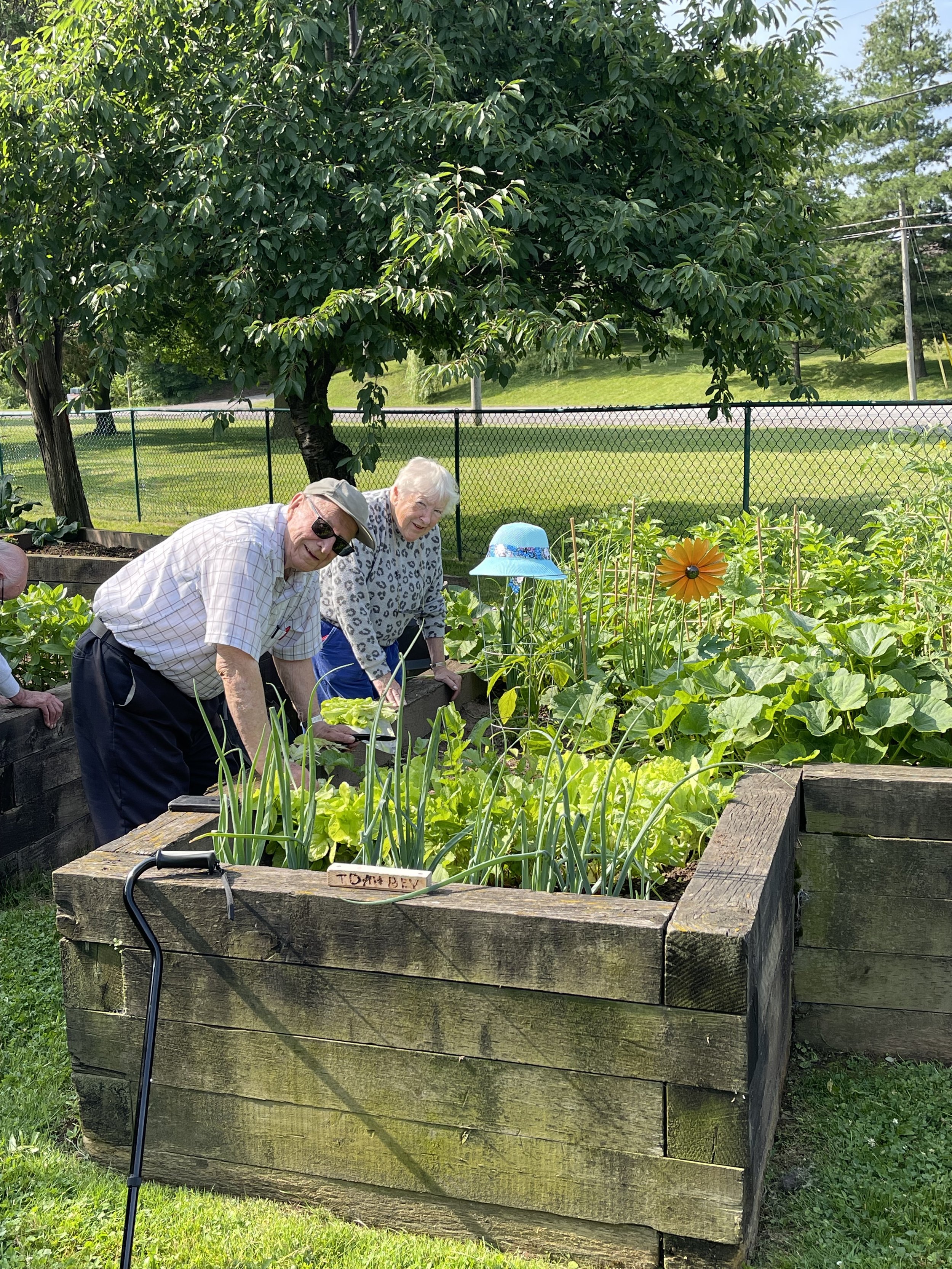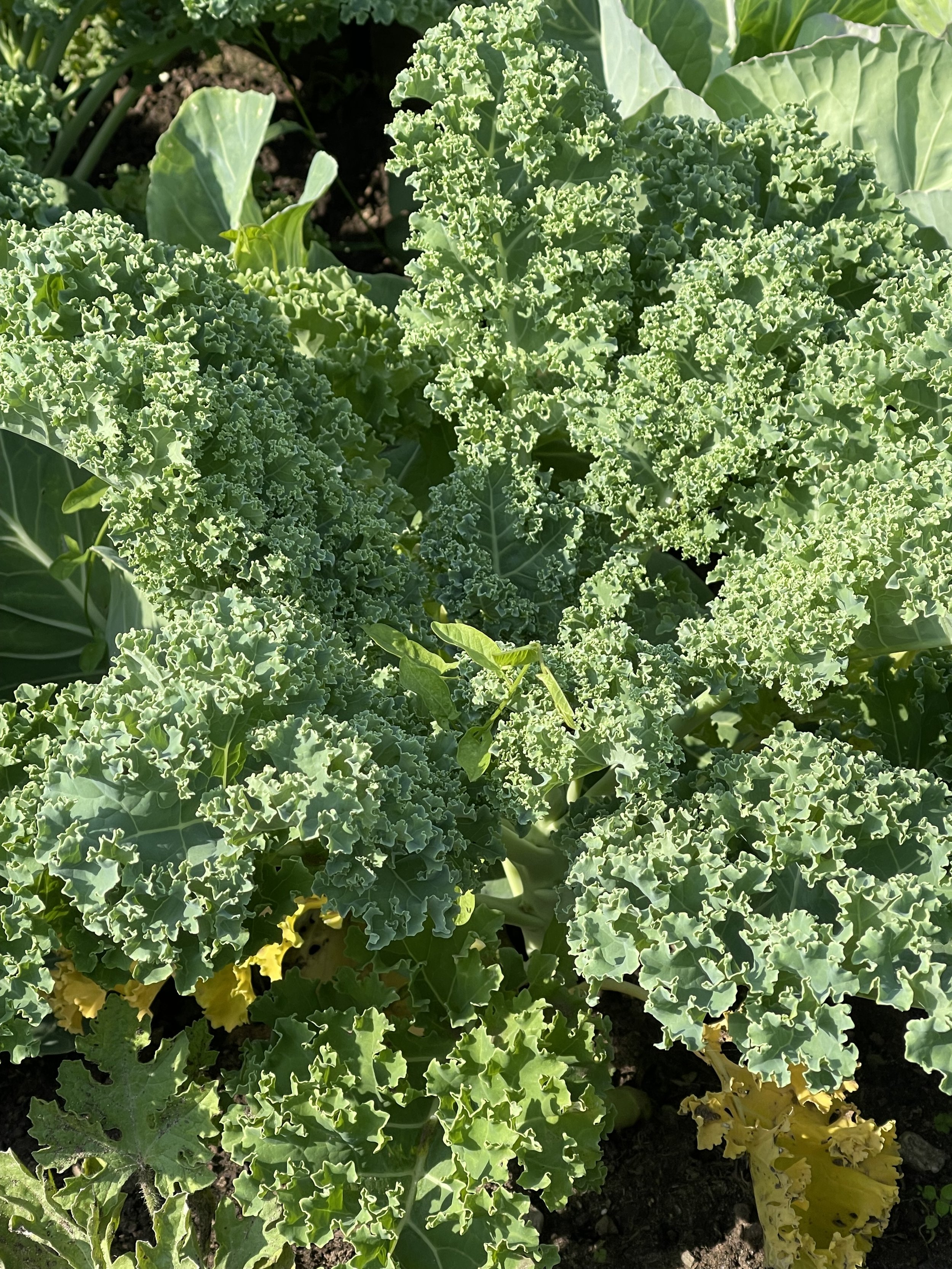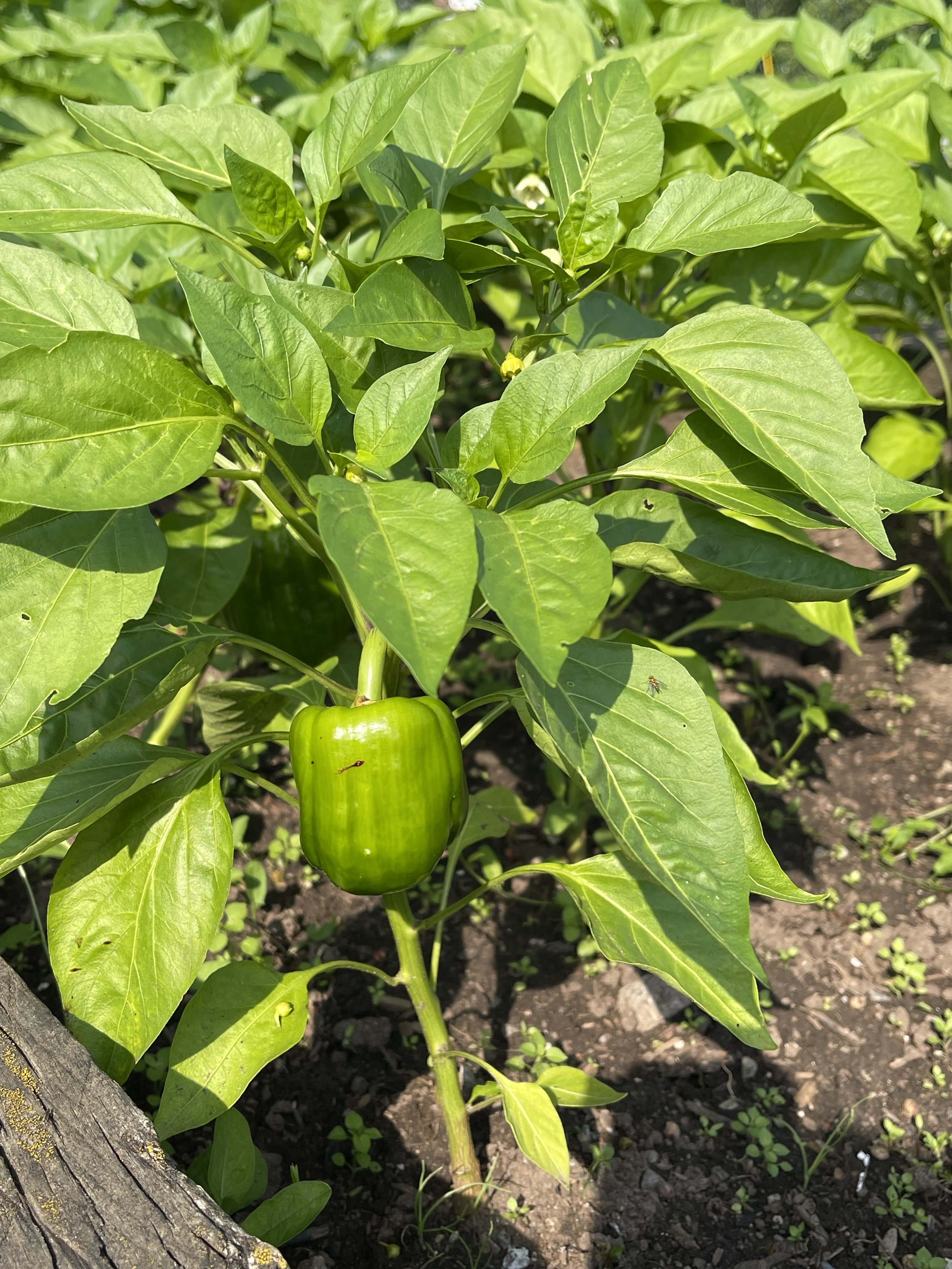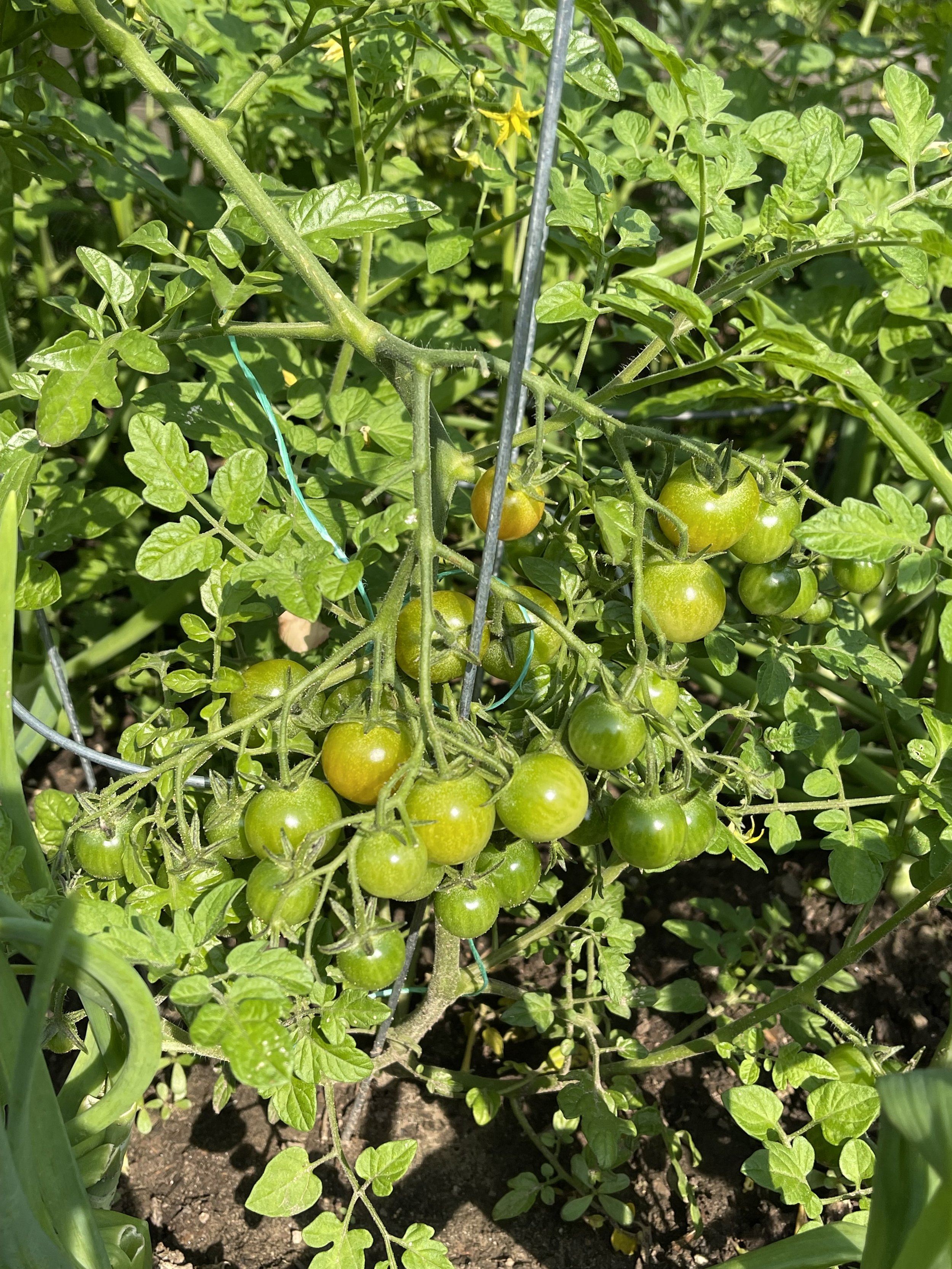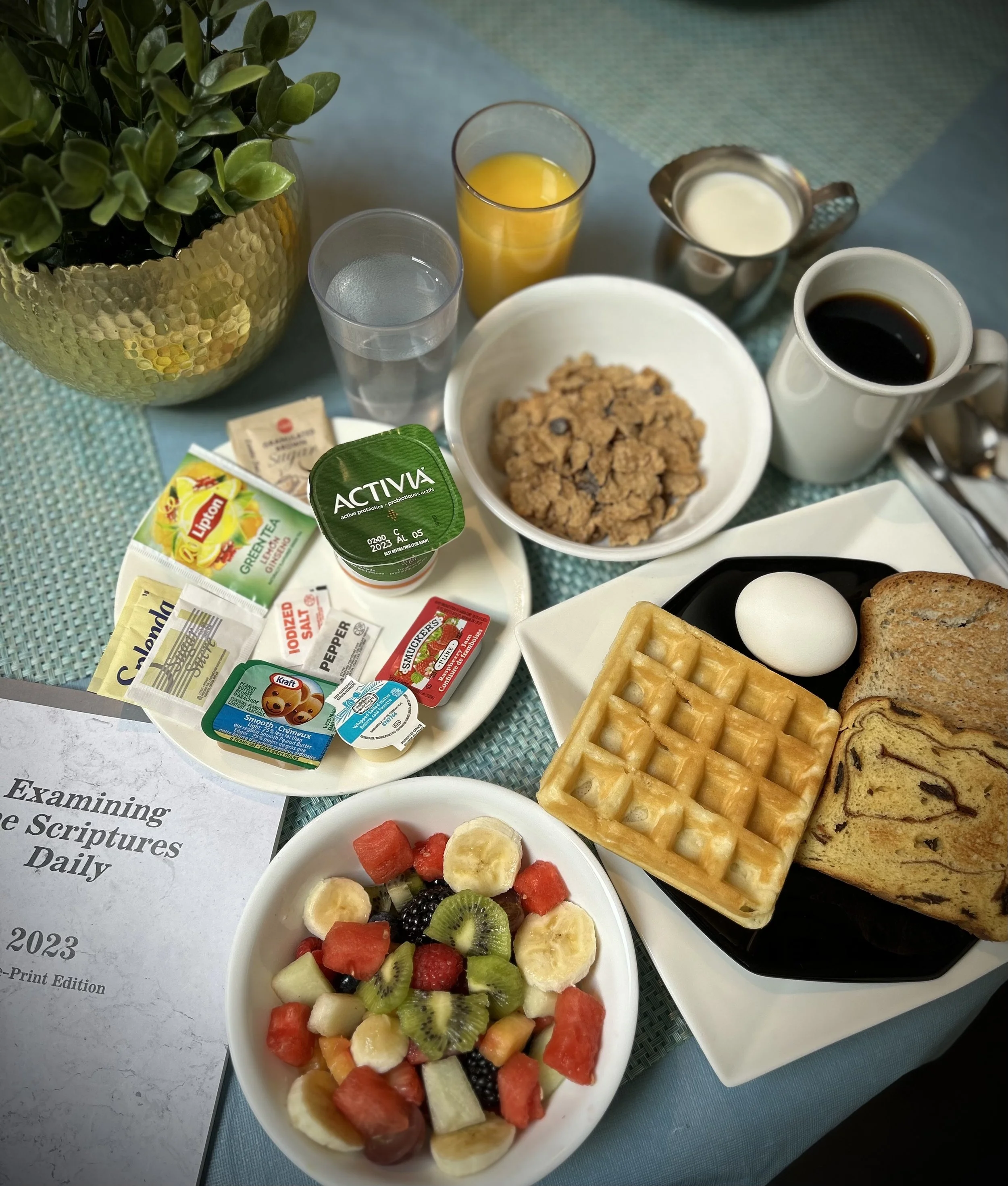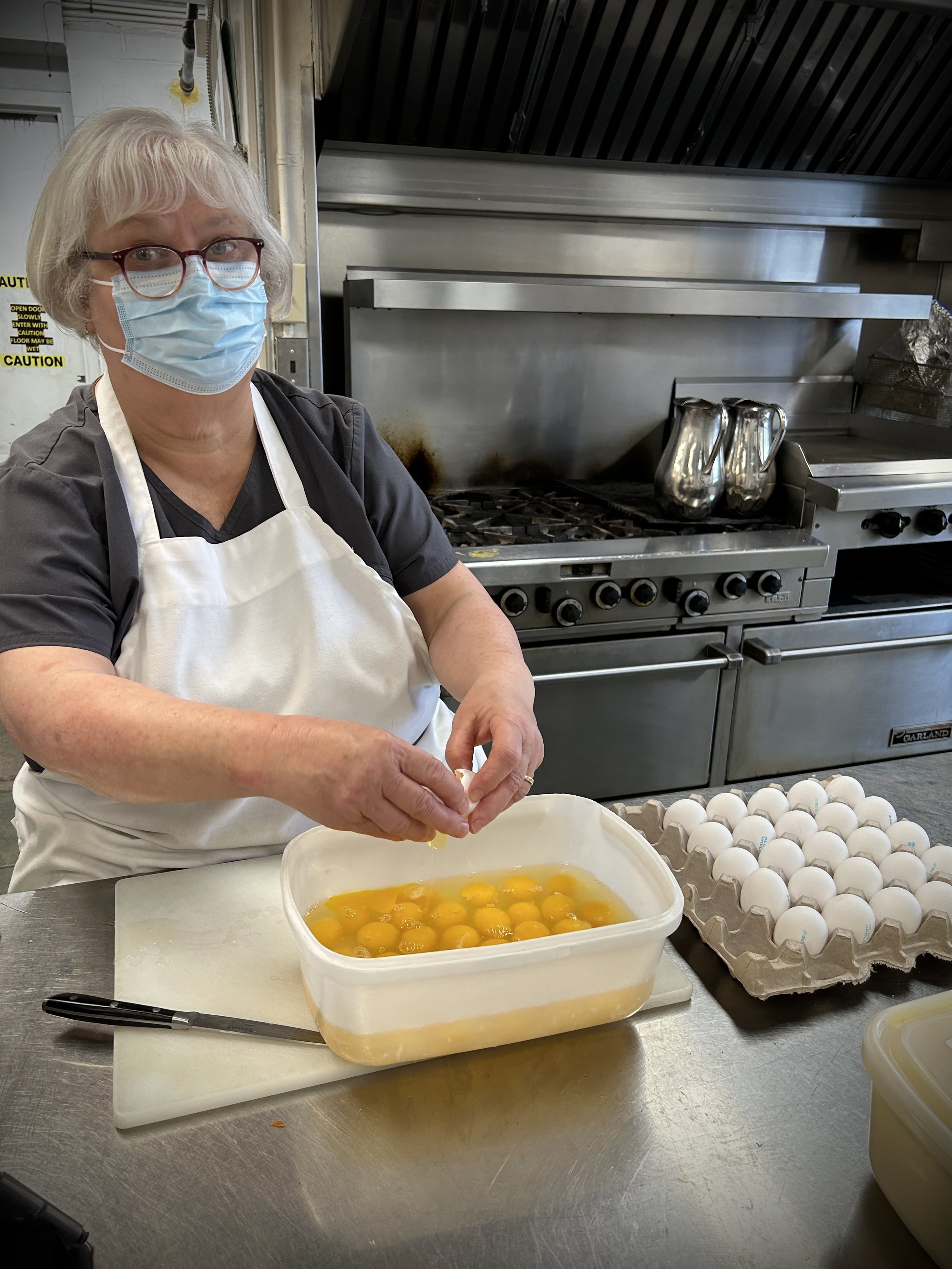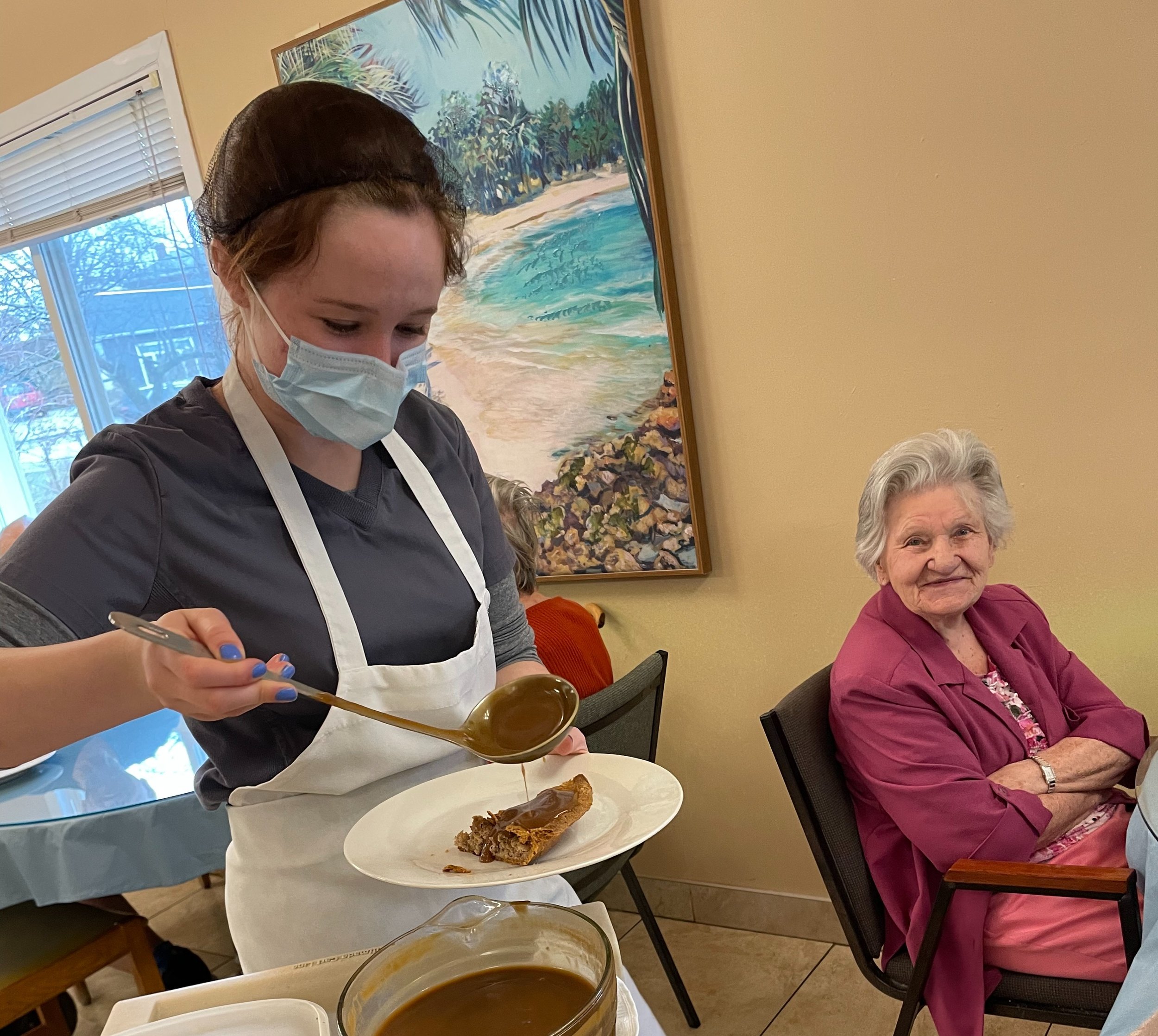Ensuring Good Nutrition for the Elderly
As we gracefully age, the importance of maintaining a healthy and balanced diet becomes increasingly crucial. Proper nutrition plays a pivotal role in preserving overall health and significantly contributes to an improved quality of life.
At Jah-Jireh, our staff pays more than usual attention to the needs of our elderly residents. In this blog, we will show you how we ensure this in the home. We will explore the intricacies of catering to the nutritional needs of the elderly, delving into considerations like allergies, dietary requirements, and the necessity of a personalized approach. We hope this blog helps you in caring for your elderly family and friends too.
Cautions and Considerations
The elderly, like any other age group, can have unique dietary requirements and restrictions. Allergies, sensitivities, and medical conditions must be carefully considered to ensure that each individual receives the nourishment they need without compromising their health.
Seniors residing in retirement homes have diverse nutritional needs based on factors such as age, health conditions, and personal preferences. A standardized menu may not adequately cater to these individual requirements, risking malnutrition or dissatisfaction with meals. Customization is key, and an understanding of the specific dietary needs of each person is fundamental.
Tips for Wholesome, Nutritious, and Tasty Meals
Allergy Awareness:
A person can develop an allergy at any age (Awake No.3, 2016). Seniors may develop allergies or sensitivities to certain foods as they age. It is crucial to be aware of individual dietary restrictions and tailor meals accordingly. Understanding and accommodating allergies is paramount.
At Jah-Jireh, a detailed nutritional assessment is carried out for each resident upon entry. Special note is made on dietary restrictions and allergies. We have found that the most common restrictions are gluten and dairy but there will be other specific allergies to certain meats and other food that will be added to their file. Our menu will be adapted to suit their needs.
For example, gluten-free alternatives for pasta and bread are bought and incorporated into meals so that the residents can enjoy their favourite foods. Our gluten-free lasagna is a big hit!
We have a big whiteboard in the kitchen with a list of residents with special needs. This is consulted before prepping every meal.
Tip:
For those with gluten sensitivities, experiment with gluten-free flours like almond, rice, or coconut flour in baking. Gluten-free oats are a great, tasty alternative that makes for a quick, hassle-free breakfast.
2. Dairy Alternatives:
Many elderly individuals may be lactose intolerant or allergic to dairy. Navigating dairy allergies doesn't mean sacrificing the creamy goodness that we love. At Jah-Jireh we use almond milk, oat milk, or soy milk as dairy substitutes and incorporate it into dairy-free desserts too.
Tip:
Substitute dairy with almond, soy, or coconut milk in recipes like soups, stews, and desserts. Plant-based alternatives ensure that the essence of Canadian comfort food remains inclusive.
3. Protein-Rich Options:
Protein is vital for maintaining muscle mass and overall well-being. Experts in the field of protein and aging recommend a protein intake between 1.2 and 2.0 g/kg/day or higher for elderly adults.
Keeping this in mind, our nutritionist prepares a special meal plan making sure that all the macronutrients the elderly need are provided for in their diet.
Tip:
Consider incorporating lean meats, fish, eggs, legumes, and tofu into meals to ensure an adequate protein intake. For vegetarians, plant-based protein sources like beans, lentils, and nuts can be excellent alternatives.
4. Colorful and Nutrient-Rich Vegetables:
Seasonal fruits and vegetables not only add vibrant colors to the plate but also pack a nutritional punch. Different colors signify diverse nutrients, and a variety of vegetables and fruits can provide essential vitamins and minerals. The rich soil of Ontario nourishes delicious fruits like apples, peaches, grapes, pears, nectarines, apricots, plums, prunes, cherries, raspberries, strawberries, and blueberries. A myriad of vegetables is also grown here.
The chefs in Jah-Jireh embrace this bounty of fresh, local produce and ensure a rainbow of vegetables and fruits on the plate. Our summer menu boasts fresh nutritious salads fresh from our garden. What makes it extra special is that it is homegrown in our garden with the residents pitching in to care for them!
Tip:
Canada's multicultural tapestry offers a myriad of flavors to explore. Experiment with fresh herbs like dill, cilantro, or basil, and embrace spices such as cumin, turmeric, or smoked paprika for a culinary adventure.
5. Method of Cooking:
Researchers from Mount Sinai School of Medicine report that cutting back on the consumption of processed and fried foods, which are high in toxins called Advanced Glycation End products (AGEs), can reduce inflammation, and actually help restore the body’s natural defenses regardless of age or health status.
In Jah-Jireh, the methods of cooking are given as much importance as the ingredients. Over half of our meals are made homemade onsite using reduced sugar and salt. All the food made at the home are baked in the oven or on the stove top and never deep-fried.
Tip:
Consider stir-frying, roasting, or steaming to preserve both flavor and nutritional value.
Elevate the taste profile of dishes with a medley of herbs and spices to help avoid excess salt intake.
6. Hydration:
Proper hydration is often overlooked but is crucial for the elderly. According to an Awake! article, dehydration, a common concern for seniors, can elevate the likelihood of falls, confusion, constipation, reduced skin elasticity, heightened vulnerability to infections, and, in severe instances, mortality.
Tip:
Include hydrating foods like water-rich fruits (watermelon, berries) and soups in the diet. Additionally, herbal teas and infused water can add variety and encourage adequate fluid intake.
Taste Matters!
With so many residents from different backgrounds and unique tastes, our staff tries to accommodate everyone’s preferences.
Over the years, several menu surveys have been conducted to get an idea of what our residents would like for their meals. One survey revealed that residents wanted fresh fruit every morning if possible. Keeping this in mind, we adapted our meal plan to include fresh melon, berries, grapes, kiwi, clementines, bananas, and other seasonal fruits. This has been the biggest improvement and most complimented meal change on our menu.
We take other preferences into consideration as well. If we serve a particular meat and someone doesn’t eat beef or pork, we substitute it with another meat or protein. If we are making a salad and a resident doesn’t like the choice of dressing for that particular salad, we will separate their salad into a small bowl without dressing and have another dressing option on the side. Residents can also purchase anything that they like to eat, and we try to incorporate it into their meals.
Investing in Well-Being
Ensuring good nutrition for the elderly is not just a matter of sustenance; it is an investment in their well-being and quality of life. By tailoring meals to individual needs and preferences, we can ensure that our elderly loved ones receive the nourishment they deserve. The key lies in a thoughtful, personalized approach that considers allergies, dietary requirements, and the unique palate of each individual. In the spirit of compassion and care, let's make every meal a celebration of health and happiness for our seniors.
We hope you have enjoyed this blog and have found some helpful tips. Click if you want to know how you can help contribute towards their care.





